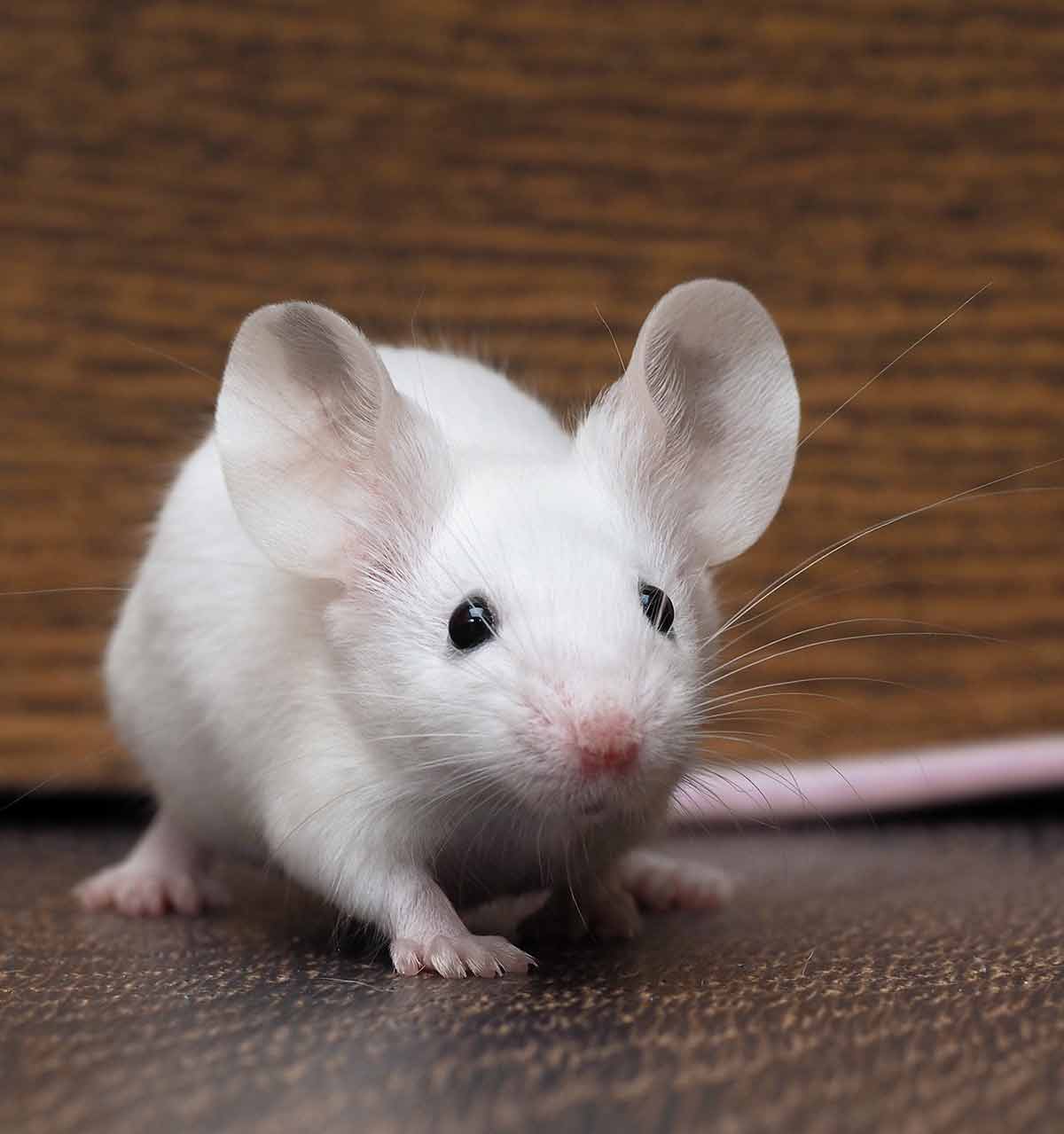
To catch and release a mouse in your house first try to determine where the mouse spends its time by looking for clues such as droppings or nesting material. A study of food deprivation in mice Effects of stress due to deprivation and transport in different genotypes of house mouse.

They can on average comfortably and happily live to five years.
How long do house mouses live. House mice have adapted to thrive around humans. Inside a house that provides shelter and plenty of crumbs or stored goods the average lifespan of a mouse is about two years. As long as the pests have access to food and water the only real threats to their survival are disease and humans or pets.
While mice in the wild seldom live for more than one year a pet mouse can live for up to 3 years. Choose quality baby or adult mice from a local small breeder for optimum health. A clean cage healthy food and regular exercise will help pet mice live long and healthy lives.
House Mouse Life Cycle Reproduction. The house mouse is known for its ability to reproduce very quickly. A single female is capable of producing up to eight litters per year with an average of six pups per litter.
After a 21-day pregnancy these house mouse pups are born naked blind and dependent upon their mother for everything. At about 21 days the young are weaned from their mother. How long do mice live.
If you think you can avoid dealing with that mouse in your home by simply waiting for it to die think again. The life cycle of a mouse makes it easy to see why these rodents are such common pests. Its not that the mouse lifespan is unnaturally long but more that mice are notorious breeders.
Just one female mouse in your home can average between 25 and 60 offspring in a single year. Long-living mice decorative and domestic are in good conditions. They can on average comfortably and happily live to five years.
As already mentioned above in nature the mouse lives negligible. Realizing this it is anthropogenic animal which is strongly attached to man. Getting to his house the time of her life immediately increases.
This is due to the fact that there is a fixed comfort. Mice can live for 4 days without water in the wild world and not more than 3 days in a cage. Mice can easily find water inside the house.
In a wild world mice get water from fresh herbaceous plants. Mice are much more dependent upon food than water. House mice usually live less than one year in the wild due to a high level of predation and exposure to harsh environments.
In protected environments however they often live two to three years. A house mouse will rarely live more than a year in the wild but in a protected environment with food and water such as a house it can live up to three years. To catch and release a mouse in your house first try to determine where the mouse spends its time by looking for clues such as droppings or nesting material.
Once you know where the mouse is likely to be set up a humane mouse trap which you can purchase in a hardware or home supply store. To attract the mouse bait the trap with some peanut butter oatmeal or nuts. What Does a House Mouse Nest Look Like.
A mouse nest looks like any other place a small mammal would use to produce and take care of its offspring. Made usually of scrap materials gathered after a lot of chewing on various fabric the mouse nest provides the perfect shelter and security for female mice to give birth to the new litter. Long enough up to a month but as a rule they always find food.
The mice is an animal mammal a detachment of rodents and suborder of mice. Rats by the way are very similar to mice The mice is an animal mammal a detachment of rodents and suborder of mice. The Lifespan of a House Mouse The average house mouse lives less than a year in the wild.
Outdoors it can succumb to predators and starvation. In a cozy indoor dwelling the lifespan of the house mouse is 1-2 years. A mouse who lives outdoors in their natural environment can live up to 2 years.
However a mouse that is kept as a pet and left in a cage where they are safe from all of their natural predators and have all of the food and water they need for their entire life usually lives up to three to four years. The lifespan of a mouse does vary depending on the species. Below are a few lifespan averages for some of the most common mouse species in the Western United States.
House mouse Mus musculus 9-12 months Deer mice Peromyscus maniculatus 2-14 months. The average lifespan of a mouse is about 12 months in the outdoors. But when they take refuge in your house they can live up to 2 or even 3 years.
You may be thinking that you can wait for the mouse to die on its own but what about its babies and the babies of their babies. As with all animals that require food for nourishment and to sustain healthy organs a mouse cannot survive without food but the exact amount of time a mouse can live without food varies per animal due to its metabolism rate and the amount of food last consumed. A study of food deprivation in mice Effects of stress due to deprivation and transport in different genotypes of house mouse.
Mice are much more dependent upon food than water. They can only go 2-4 days without food of some sort. Keep in mind that this does not mean they need to sit down to a.